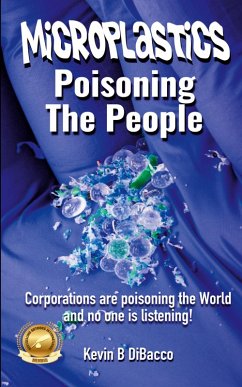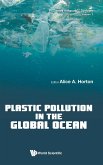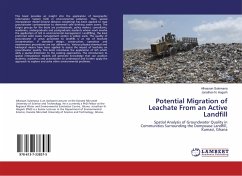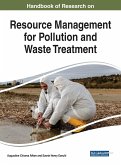"Microplastics," explores the pervasive issue of microplastic contamination in our food supply and its potential impacts on human health and the environment. The author traces the history of plastic production from the invention of Bakelite in 1907 to the widespread use of plastics in modern food packaging and processing. He examines how microplastics have infiltrated the food chain, from obvious sources like seafood and bottled water to less apparent ones like honey, beer, and tea bags. The book presents several compelling case studies, including the Great Pacific Garbage Patch and microplastic pollution in the Arctic, to illustrate the global scale of the problem. It delves into the potential health effects of microplastic ingestion, explaining how these tiny particles can enter the human body and interact with cells, tissues, and organs. The author highlights concerns about microplastics acting as vectors for other contaminants and disrupting the gut microbiome and endocrine system. DiBacco critically examines the current regulatory landscape for microplastics in food, noting the lack of comprehensive and harmonized regulations at both national and international levels. He calls for improved oversight, standardized testing methods, and more precautionary approaches to risk assessment and management. The book offers a range of strategies for reducing microplastic intake, from consumer actions like choosing sustainable packaging and supporting package-free stores, to industry innovations in alternative materials and closed-loop recycling systems. It also discusses government initiatives, including funding for research, implementing regulations, and promoting public awareness. Throughout, the author maintains an engaging and authoritative voice, making complex scientific concepts accessible to a general audience. He emphasizes the urgency of the microplastics crisis while also offering hope through examples of promising solutions and innovations. The book concludes by calling for a collaborative effort from all sectors of society to address this global challenge. It urges readers to rethink their relationship with plastics and take action to create a more sustainable and healthy future for all. DiBacco's work serves as both a comprehensive overview of the microplastics crisis and a call to action for readers to become more informed and engaged in combating plastic pollution.
Hinweis: Dieser Artikel kann nur an eine deutsche Lieferadresse ausgeliefert werden.
Hinweis: Dieser Artikel kann nur an eine deutsche Lieferadresse ausgeliefert werden.








